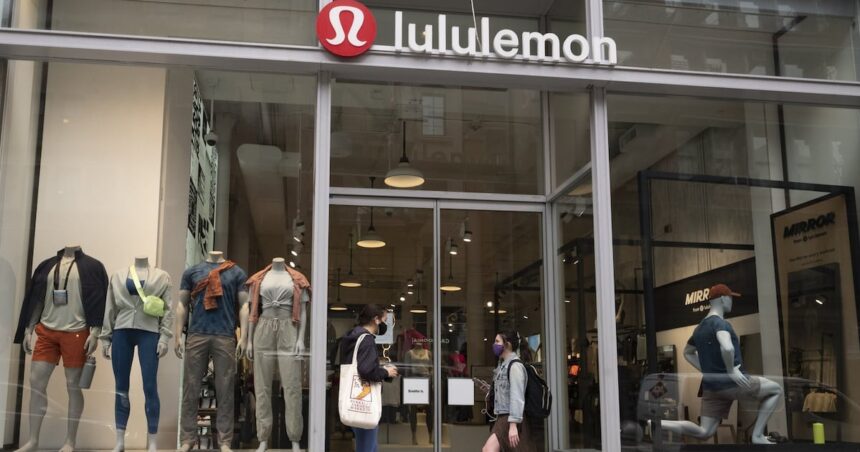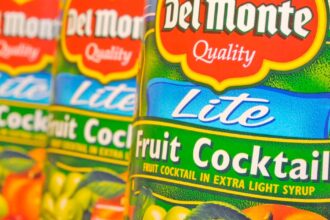Lululemon Costco Fashion Dupe Lawsuit Ignites Retail Showdown
The polished concrete floors of Vancouver’s federal courthouse were witness to a different kind of power play this week as yoga wear giant Lululemon Athletica squared off against retail behemoth Costco in a legal battle that could reshape how fashion “dupes” are regulated across North America.
At the heart of the dispute: Costco’s “Kirkland Signature” athletic leggings that Lululemon claims are knockoffs of their iconic $128 “Align” pants. The Vancouver-based athleisure brand alleges these $17.99 alternatives aren’t just similar—they’re deliberate copies that infringe on multiple design patents and threaten to dilute Lululemon’s premium brand identity.
“This isn’t about healthy competition; it’s about trading on our innovation and reputation,” said Lululemon’s lead counsel during opening arguments. “When consumers see a product mimicking our distinctive designs at a fraction of the price, it undermines the years of research and development that went into creating the original.”
The lawsuit highlights fashion’s growing “dupe” culture—where budget retailers create items strikingly similar to designer pieces—and the increasingly blurry legal line between inspiration and infringement. Industry data shows the fashion dupe market has exploded by 137% since 2020, becoming a $4.2 billion industry within North America alone.
Costco’s defense team countered with consumer-focused arguments, positioning the warehouse retailer as a champion for affordable alternatives. “Basic athletic wear designs cannot be monopolized,” argued Costco’s attorney. “Our members deserve access to quality athletic wear without luxury markups.”
The tension extends beyond these two retail powerhouses. According to the American Apparel and Footwear Association, fashion brands filed 42% more intellectual property lawsuits in 2023 than the previous year, with athleticwear seeing the sharpest increase.
Fashion law expert Ashlee Froese, who’s monitoring the case, notes the significance of the venue. “Canadian courts have historically been more protective of established brands than their American counterparts,” she explained. “If Lululemon prevails with substantial damages, we could see a chilling effect on the entire dupe industry.”
For consumers, the outcome could impact both pricing and availability. A Lululemon victory might drive away budget alternatives, while a Costco win could embolden more retailers to create lookalikes of premium products.
The courtroom battle mirrors tensions playing out in fitting rooms and social media feeds across the continent. TikTok hashtags like #lululemondupe have garnered over 400 million views, with influencers regularly showcasing “budget-friendly alternatives” to pricey originals—further complicating the relationship between inspiration, replication, and brand loyalty.
As the trial continues, both companies’ stock prices remain under close watch by investors eyeing potential ripple effects across the $30 billion North American activewear market. Whatever the outcome, this Vancouver courtroom showdown promises to establish new boundaries in the increasingly contentious world of fashion dupes.
After all, in an industry built on the tension between exclusivity and accessibility, the real question might not be who wins this specific battle—but how it reshapes what counts as original in a market increasingly comfortable with imitation.
For more retail industry news, visit CO24 Business or follow developing updates on this case at CO24 Breaking News.

























